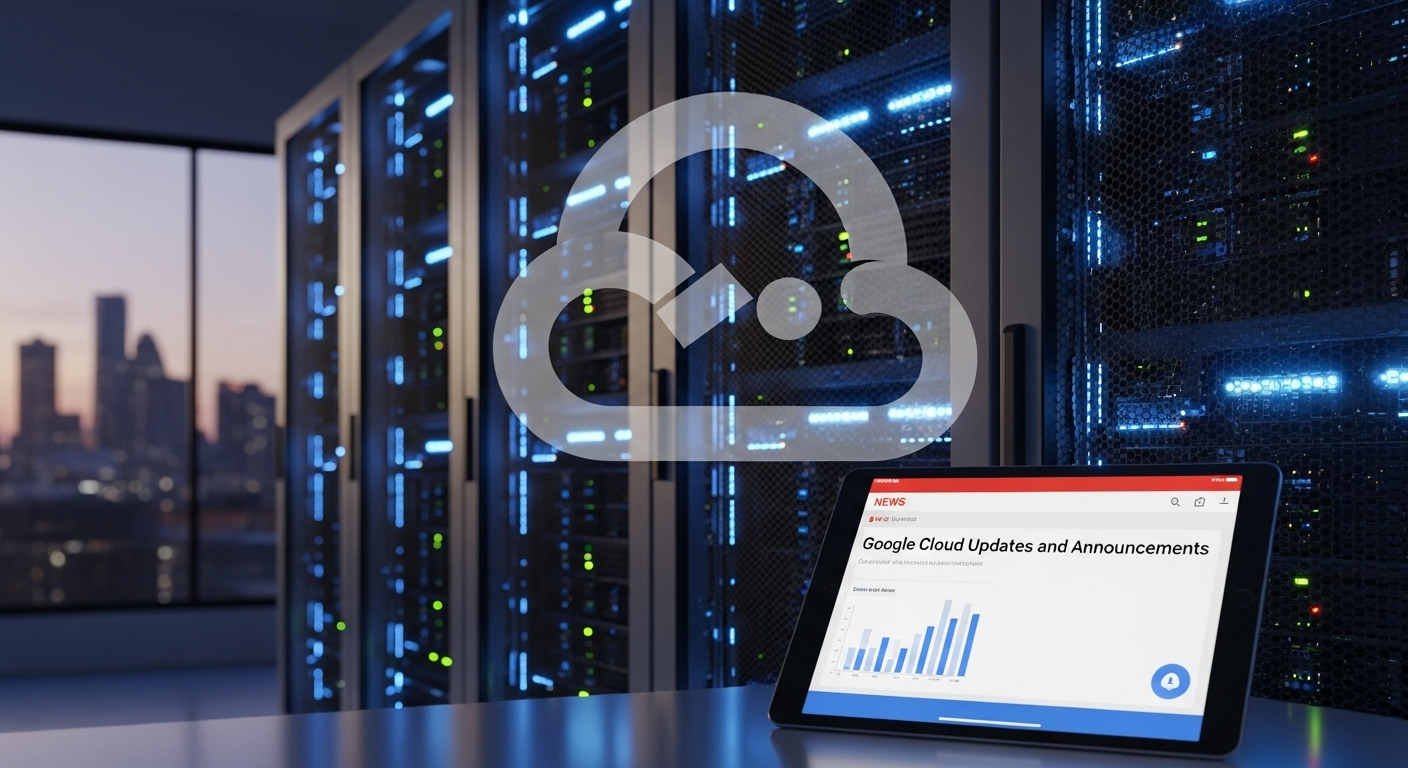What’s New with Google Data Cloud
Google Cloud continually updates its Data Cloud services, providing new features, enhancements, and integrations. This article summarizes key announcements and improvements made between late July and late October, 2024. These updates span various services, including Cloud SQL, AlloyDB, BigQuery, and others, aimed at improving performance, security, and user experience.
Cloud SQL Enhancements
Cloud SQL has seen significant upgrades, particularly in features related to data recovery, connection management, and security. In October, the introduction of point-in-time recovery (PITR) for deleted instances addressed compliance and disaster recovery needs. This feature is crucial for managing accidental deletions and ensuring data integrity. Users can leverage existing PITR clone API and getLatestRecoveryTime API for deleted instances, with the recovery window varying based on log retention policies.
Also, the Precheck API for Cloud SQL for PostgreSQL improves major version upgrades by proactively identifying potential incompatibilities, thus preventing downtime. This feature directly addresses customer requests for a precheck utility to identify and resolve upgrade issues.
Furthermore, Cloud SQL now supports Managed Connection Pool (in GA) across MySQL and PostgreSQL. Managed Connection Pooling optimizes resource utilization for Cloud SQL instances, enhancing scalability. IAM authentication is also available for secure connections. Read more about this feature in the provided guide.
AlloyDB Updates
AlloyDB continues to evolve with new features designed to improve database performance and integration capabilities. Notably, AlloyDB now supports the tds_fdw extension, enabling direct access to SQL Server and Sybase databases. This streamlines database migrations and allows hybrid data analysis. AlloyDB is also offering general availability for PostgreSQL 17, bringing improvements such as enhanced query performance, incremental backup capabilities, and improved JSON data type handling.
AlloyDB also saw the C4A Axion processor support in GA, providing improved performance and price-performance, along with a 50% reduced entry price for development environments. Additionally, Parameterized Secured Views (now in Preview) in AlloyDB provides application data security and row access control using SQL views.
BigQuery Innovations
BigQuery has introduced several enhancements, including a redesigned “Add Data” experience to simplify data ingestion. This update streamlines the process of choosing from various ingestion methods, making it more intuitive for users to bring data into BigQuery. BigQuery also offers soft failover, which gives administrators options over failover procedures, minimizing data loss during planned activities. The BigQuery AI Hackathon encouraged users to build solutions using Generative AI, Vector Search, and Multimodal capabilities.
Other Notable Updates
Several other Google Cloud services have received updates. Firestore with MongoDB compatibility is now generally available (GA), allowing developers to build cost-effective and scalable applications using a familiar MongoDB-compatible API. The Database Migration Service (DMS) offers support for Private Service Connect (PSC) interfaces for homogenous migrations to Cloud SQL and AlloyDB.
The introduction of Pub/Sub Single Message Transforms (SMTs), specifically JavaScript User-Defined Functions (UDFs), allows for real-time data transformations within Pub/Sub. The Serverless Spark is now generally available directly within BigQuery, reducing TCO and providing strong performance. The Bigtable Spark connector is now GA, opening up possibilities for Bigtable and Apache Spark applications.
Conclusion
Google Cloud continues to enhance its data services with features designed to improve performance, security, and integration capabilities. These updates provide users with the tools they need to manage, analyze, and secure their data effectively. Staying informed about these changes is crucial for optimizing data workflows and leveraging the full potential of Google Cloud’s data solutions.
Source: Google Cloud Blog

